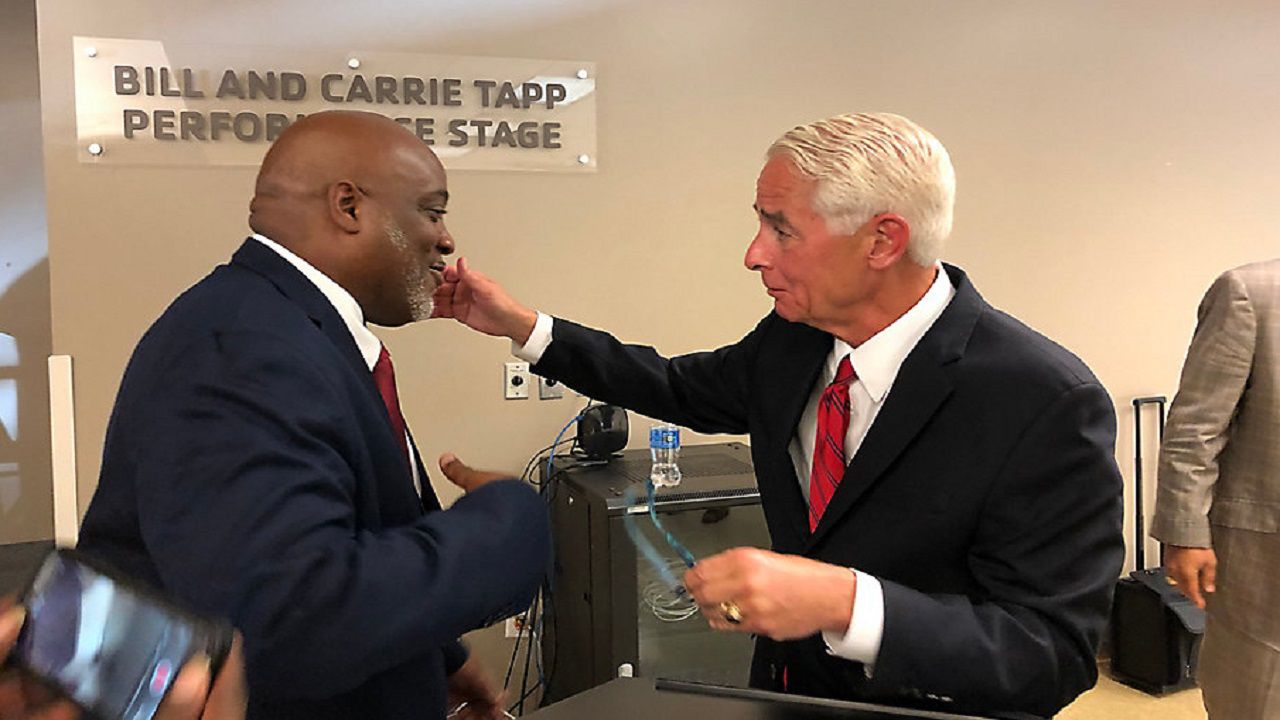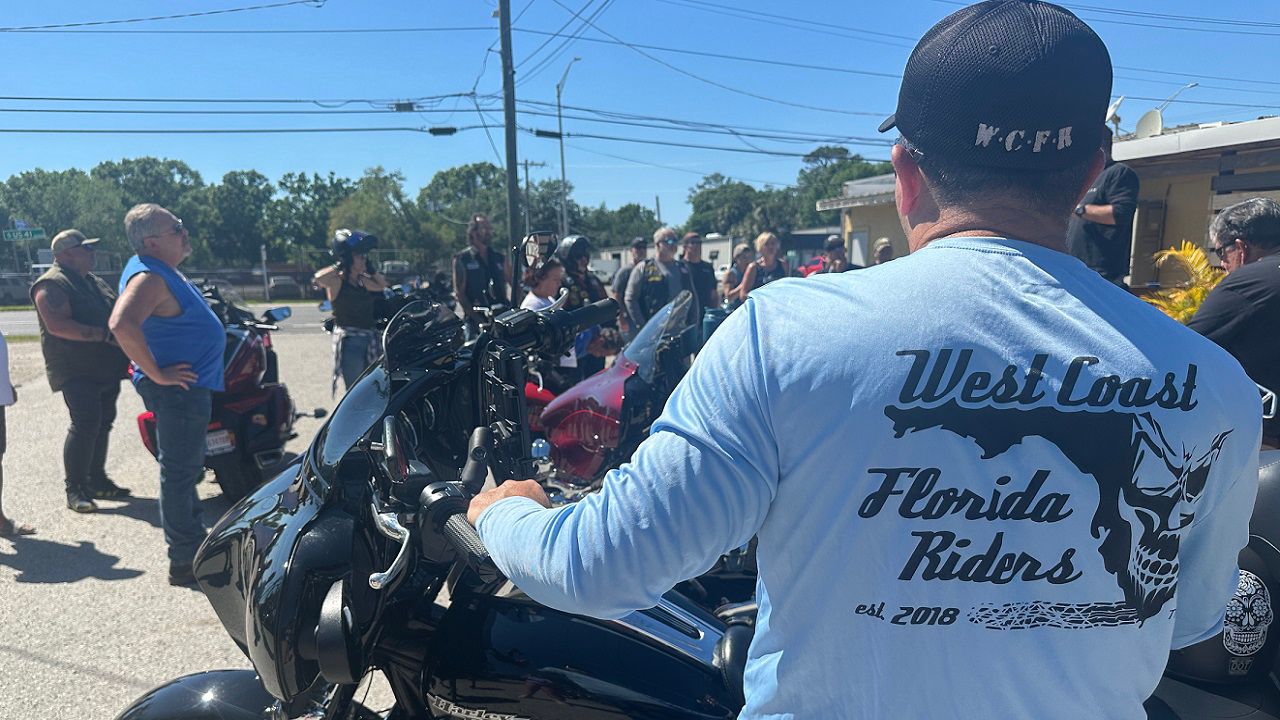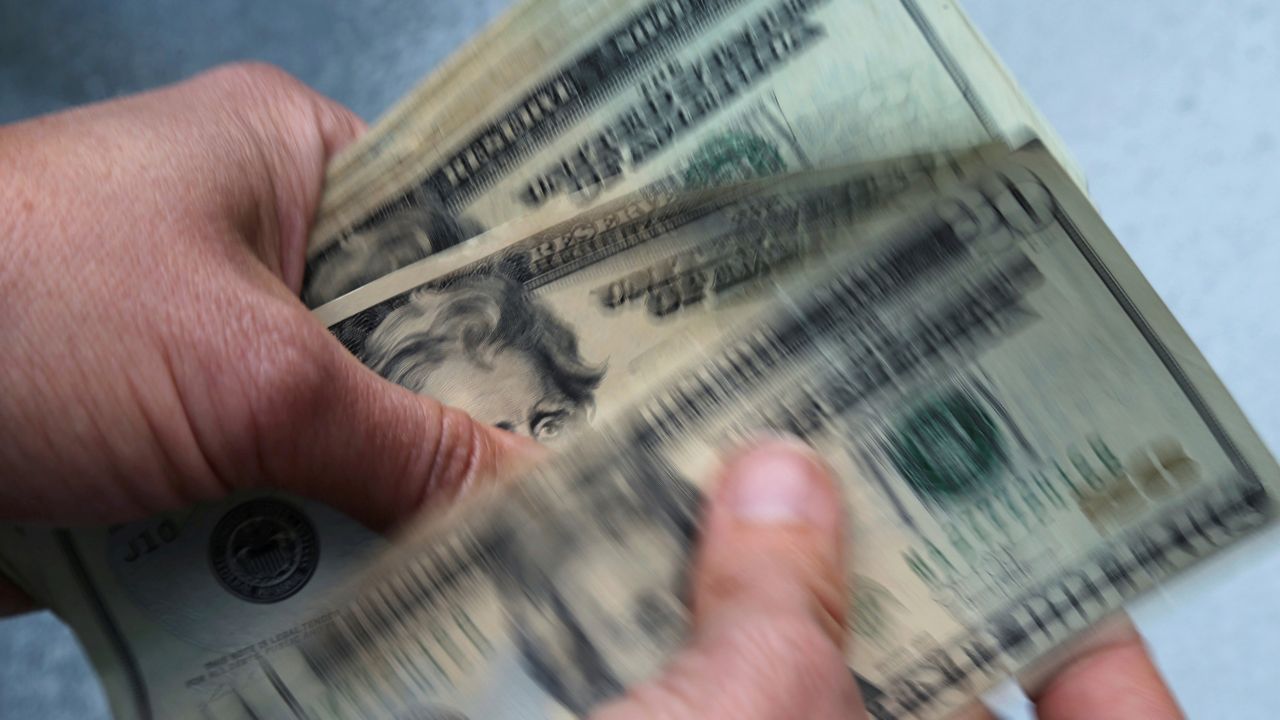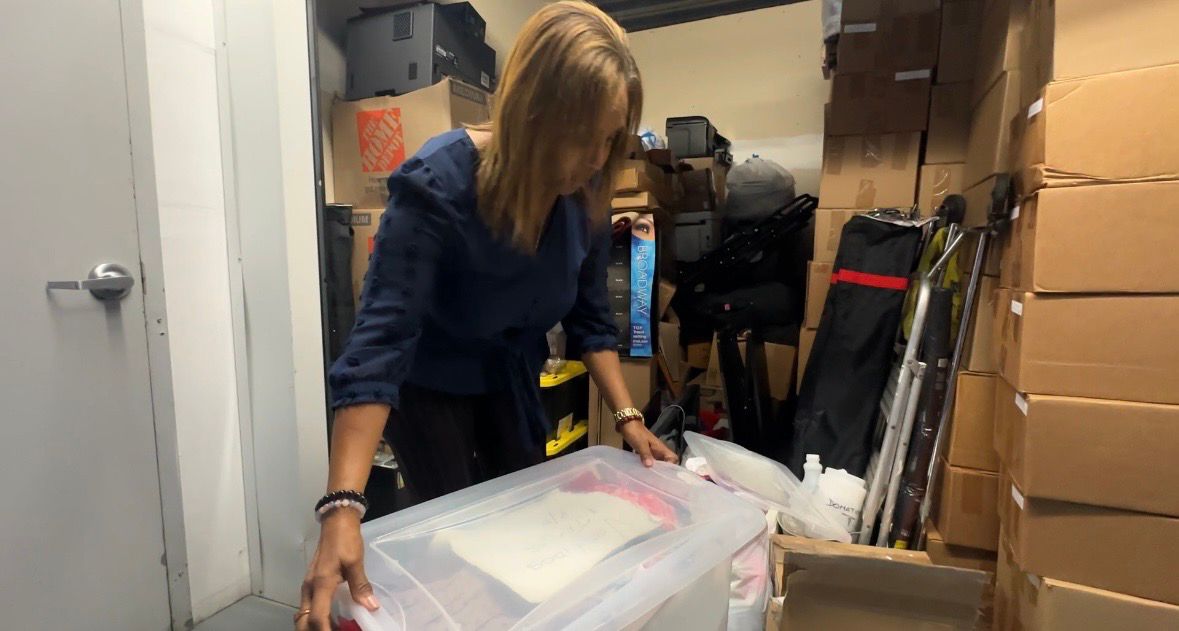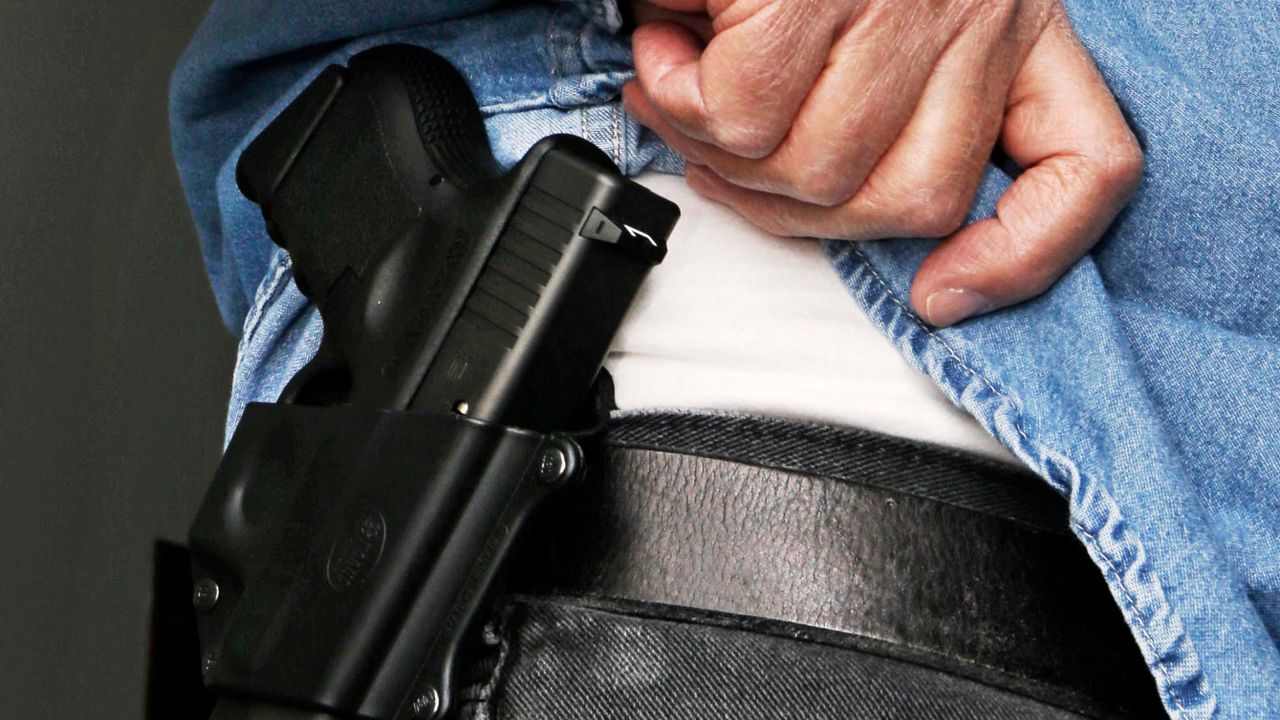Spectrum Bay News 9 Political Reporter Mitch Perry is looking for deeper meaning in politics and government so our local stories have more of a connection in your daily life.
ST. PETERSBURG, Fla. — This month’s presidential primary election is the first statewide vote in Florida since the passage of Amendment 4, the 2018 constitutional amendment that aimed to restore the voting rights to an estimated 1.4 million people with felony convictions.
Nowhere near that many felons (or “returning citizens” as the advocates call them) are currently eligible, however, after the Florida Legislature passed and Gov. Ron DeSantis’ signed a controversial bill last year that limits the number of felons who can vote. That legislation requires offenders to pay off all their financial obligations that they received as a part of that court sentence before they’re eligible to vote (a three-judge federal appeals court struck down the law as unconstitutional last month. The DeSantis administration is appealing the decision).
- DeSantis administration challenging a recent federal appeals court ruling that said the 2019 law requiring felons to pay all fines and fees is unconstitutional.
- As Governor, Charlie Crist led the way in granting the voting rights to more than 150,000 felons.
- More than 64% of Floridians approved Amendment 4 in November 2018
Desmond Meade, the executive director of the Florida Rights Restoration Coalition, admitted in St. Petersburg on Monday that the proposal was “not perfect” when it went before the voters in 2018.
“We knew going in there was going to be some financial obligations and that the legislation was not ideal, but it was the most strategic piece of language that we could have put together,” Meade said during a panel discussion of voting rights convened by Congressman Charlie Crist in South St. Petersburg.
In crafting a bill to implement Amendment 4 last year, GOP lawmakers inserted language that defined the completion of a criminal sentence as including paying off all fines, fees and restitution. That provision was strongly opposed by Democrats and other advocates for the proposal, ultimately leading to lawsuits filed immediately challenging it after the bill was signed by Governor DeSantis last June. But in making their case, Republicans said that both Jon Mills, the attorney who argued for Amendment 4 in the Florida Supreme Court, and the Florida Rights Restoration on their website before the vote agreed that completion of a sentence meant that felons had to pay court costs before they could vote.
Meade said on Monday that returning citizens have a “moral obligation” to repair the harm that they have done, and said that’s why the Florida Rights Restoration Coalition does believe in paying off restitution to people, "though not to businesses." Nor does he believe that civil liens should not be applicable.
Meade said that the backers of Amendment 4 were contending with “very tight restrictions on language” in crafting the language for the 2018 constitutional amendment that was ultimately supported by more than 64 percent of voters in 2018. He said that extensive testing with focus groups throughout the state convinced the authors that they would need to carve out some exceptions, which is why the amendment does not allow those who committed murder or a sexual felony to be eligible for automatic restoration.
There has been lots of action in the courts since the 2019 law was signed by Gov. Ron DeSantis.
A three-judge panel of the 11th Circuit Court of Appeals upheld a lower court decision last month that found that the state could not deny ex-felons the right to vote just because they can’t pay outstanding court fines, fees and restitution.
DeSantis has said he disagrees with the ruling and his office is now seeking review from the full court.
Last October, a federal judge in Tallahassee issued a preliminary injunction against the law in a case that only applied to the 17 people who had challenged it. That suit is supposed to go to trial in April.
In kicking off the discussion, Crist looked back at his tenure as a Florida Republican governor (he later switched to becoming an independent in 2010 and a Democrat in 2012). Shortly after taking office in 2007, he convinced two members of the state Cabinet to agree with him to approve rules that allowed the parole commission to restore voting rights to non-violent felons. More than 155,000 felons were ultimately granted their voting rights under his leadership. That system was overturned when Rick Scott succeeded him as governor in 2010.
"What the (DeSantis) administration is doing and the Legislature – it’s suppressing the vote,” Crist said to the group that gathered at the Childs Park YMCA. “It’s not right. It’s wrong. And this isn’t right vs. left. This is right vs. wrong.”
In stopping off to speak to this reporter and a couple of photojournalists before entering the discussion, Crist said Gov. DeSantis’ stance on Amendment 4 has been “disappointing.”
“I’ve been encouraged by some of the things that he’s done, but on this one he’s missing it, and I’m sorry to see that,” he said. “But the people have a right to vote, and their voices must be heard. And to try to thwart and suppress the vote? It’s like Jim Crow stuff. It’s wrong.”
Among those speaking on the panel was civil rights attorney Michele Rayner, who announced last week that she’s a candidate in the House District 70 race.
“It’s sad because we’re here in 2020 and we still have a poll tax happening,” said Rayner. “It seems like every election cycle they’re finding different ways to suppress our vote.”
Juanita Carroll, an attorney with the St. Petersburg-based Community Law Program, said her firm will soon begin conducting clincs twice a month in Pinellas County to address the issue with people with felony convictions who want to vote.
A partial analysis by University of Florida political science professor Dan Smith found that fewer than 20 percent of felons would be eligible to vote under the 2019 state law – with the other 80 percent still owing fines, fees or restitution.




